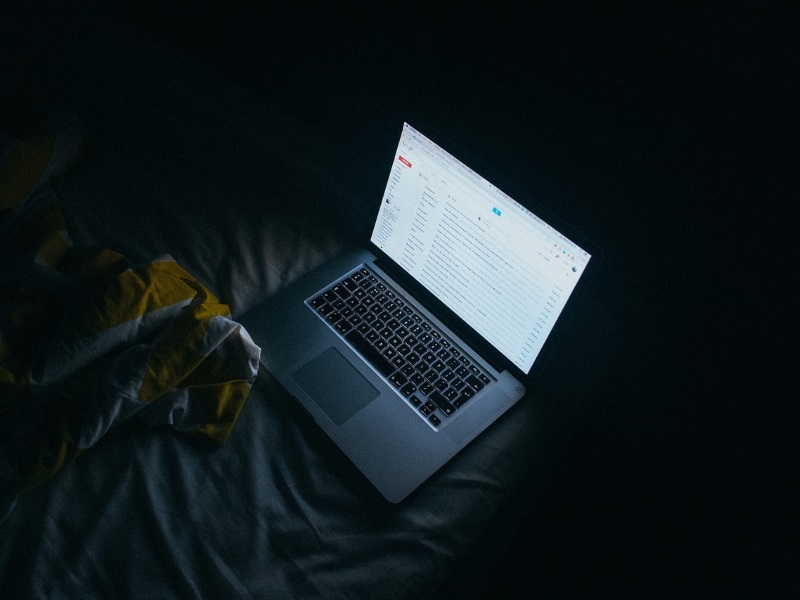
After-hours and weekend work emails can also soon emerge as illegal in France. A invoice that forestalls groups of fifty or more personnel from sending emails after typical work hours exceeded the French lower parliamentary residence earlier this week.
The case in opposition to after-paintings emails is that they can reason excessive degrees of pressure amongst employees.
“all of the research display there’s a ways extra work-related stress these days than there was once and that the strain is constant,” said Benoit Hamon, a Socialist member of Parliament, to the BBC. “The texts, the messages, the emails they colonize the lifestyles of the person to the point where he or she sooner or later breaks down.”
it’s now not the first time a invoice of this nature has been proposed. it is similar to law that turned into delivered however never made it to the books in both France and Germany. France’s maximum current bill, however, is the closest an after-paintings email ban has come to becoming an actual law.
Gillian Symon, who research the manner present day humans transfer between the digital and corporate world, applauds the rules for putting the responsibility of balancing work and life at the bosses rather than the employees. She said that her studies with virtual brain switch, an interdisciplinary undertaking that mixes studies from several united kingdom universities, has located that the consequences of setting the onus of answering work emails on employees could have devastating emotional results.
“there was a great deal guilt, as you would possibly expect as human beings felt concerned about whether or not they must ignore work or their own family, once more setting all of the duty for the ‘choice’ on personnel,” she advised The Washington publish.
however each Symon and Jon Whittle, every other researcher at virtual mind agree with, fear that the law does not get to the root of the problem. It once in a while may be extra disturbing, they say, for an employee to strength down their tool due to the slew of emails that might be looking ahead to them within the morning. “I suppose the topic of work-related nicely-being is a good deal larger than certainly stopping email after-hours,” stated Whittle. “email is just a medium used to talk. The real hassle is the culture of having to continuously do greater and continuously do better than competitors.”
This worry of being left in the back of with the aid of the opposition is expressed by means of some people. “In my company, we compete with Indian, chinese, American developers. We need to talk to people round the sector late into the night,” a software coder named Gregory informed the BBC. “Our competition do not have the same regulations. If we obeyed this regulation we would just be shooting ourselves within the foot.”
however Whittle of digital brain consider is short to factor out that a administrative center that prioritizes well-being among employees promotes better paintings. “Having a satisfied and strain-unfastened personnel can offer a aggressive advantage,” he stated. “The subculture of looking ahead to human beings to be always connected and continually on will no longer always cause a aggressive benefit; it is able to simply cause burnout and dropping top-appearing workforce.”
The bill will adventure to the Senate subsequent, wherein it is going to be reviewed, earlier than going lower back to the countrywide meeting for very last passage. it’s been particularly contested due to the fact its advent, particularly for its legislative rollbacks to the country’s prized labor code that protects worker rights. notwithstanding the the bill’s controversy, the after-work e-mail ban has been largely famous amongst President Francois Hollande’s Socialist party.
